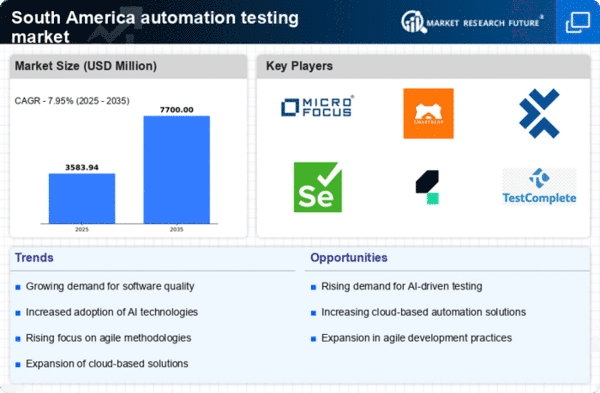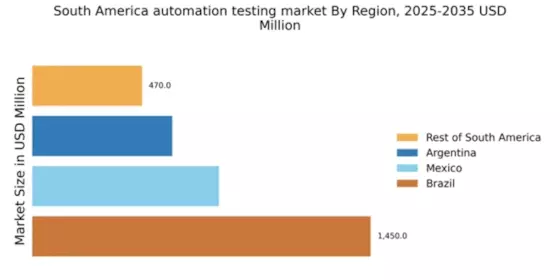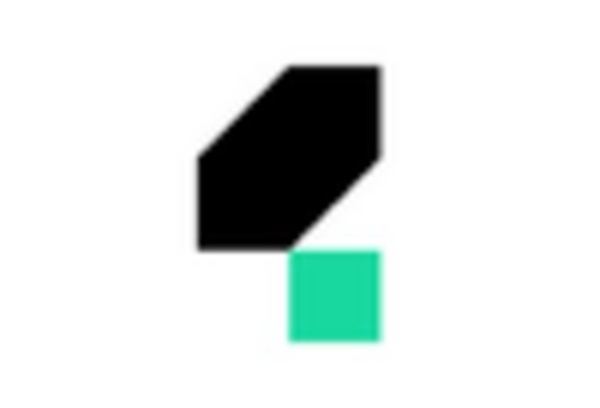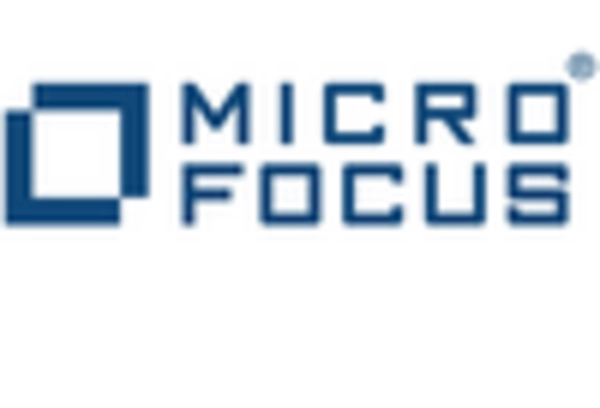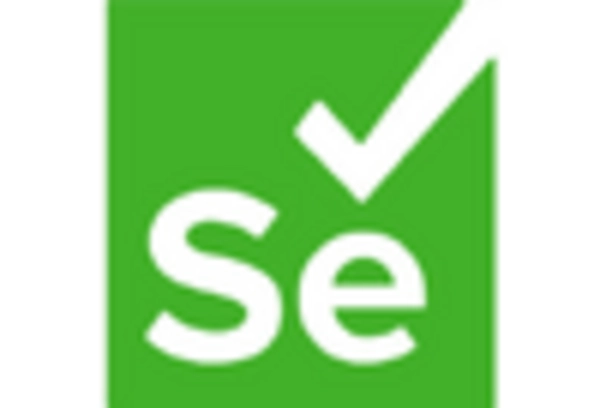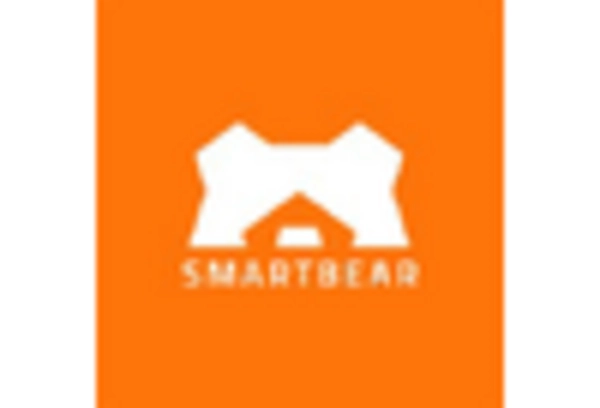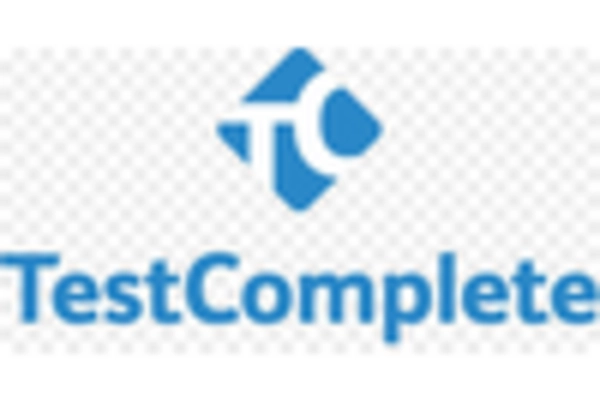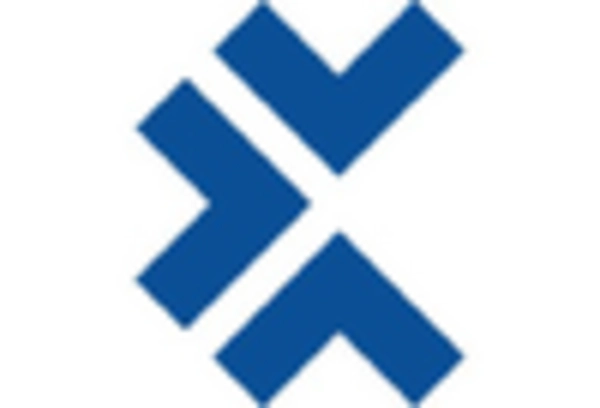Rising Software Development Needs
The increasing demand for software applications across various sectors in South America drives the automation testing market. As businesses strive to enhance their digital presence, the need for efficient and reliable software solutions becomes paramount. This surge in software development necessitates rigorous testing processes to ensure quality and performance. Consequently, organizations are investing in automation testing tools to streamline their testing efforts, reduce time-to-market, and improve overall software quality. The automation testing market is projected to grow significantly, with estimates suggesting a compound annual growth rate (CAGR) of around 15% over the next few years. This growth reflects the urgent need for businesses to adopt automated testing practices to remain competitive in an increasingly digital landscape.
Shift Towards Agile and DevOps Practices
The transition towards Agile and DevOps methodologies in South America is a significant driver for the automation testing market. These frameworks emphasize collaboration, continuous integration, and rapid delivery, necessitating efficient testing processes. Automation testing aligns seamlessly with Agile and DevOps principles, enabling teams to execute tests quickly and frequently. This alignment fosters a culture of quality and responsiveness, which is crucial in today’s fast-paced software development environment. The automation testing market is witnessing a surge in demand as organizations adopt these methodologies to enhance their development cycles. Estimates suggest that companies implementing Agile and DevOps practices could see a 25% improvement in their testing efficiency, further propelling the growth of the automation testing market.
Cost Efficiency and Resource Optimization
In South America, businesses are increasingly recognizing the cost benefits associated with automation testing. By automating repetitive testing tasks, organizations can significantly reduce labor costs and minimize the risk of human error. This shift towards automation allows companies to allocate their resources more effectively, focusing on strategic initiatives rather than manual testing processes. The automation testing market is witnessing a notable increase in adoption as companies aim to optimize their operational efficiency. Reports indicate that organizations can save up to 30% in testing costs by implementing automation solutions. This financial incentive is a key driver for the growth of the automation testing market, as businesses seek to enhance their profitability while maintaining high-quality software standards.
Regulatory Compliance and Quality Assurance
The growing emphasis on regulatory compliance in various industries, such as finance and healthcare, is propelling the automation testing market in South America. Companies are required to adhere to stringent regulations that mandate thorough testing and quality assurance processes. Automation testing provides a systematic approach to ensure compliance with these regulations, thereby reducing the risk of penalties and enhancing customer trust. The automation testing market is adapting to these needs by offering specialized tools that facilitate compliance testing. As organizations prioritize quality assurance to meet regulatory standards, the demand for automation testing solutions is expected to rise, potentially leading to a market growth rate of approximately 12% in the coming years.
Technological Advancements in Testing Tools
The rapid evolution of technology is significantly influencing the automation testing market in South America. Innovations in testing tools, such as AI-driven testing frameworks and advanced analytics, are enhancing the capabilities of automation testing solutions. These technological advancements enable organizations to conduct more comprehensive and efficient testing processes, thereby improving software quality and reducing time-to-market. The automation testing market is likely to benefit from these developments, as businesses increasingly seek to leverage cutting-edge tools to stay ahead of the competition. As a result, the market is expected to experience a robust growth trajectory, with projections indicating a potential increase of 20% in the adoption of advanced testing tools over the next few years.


